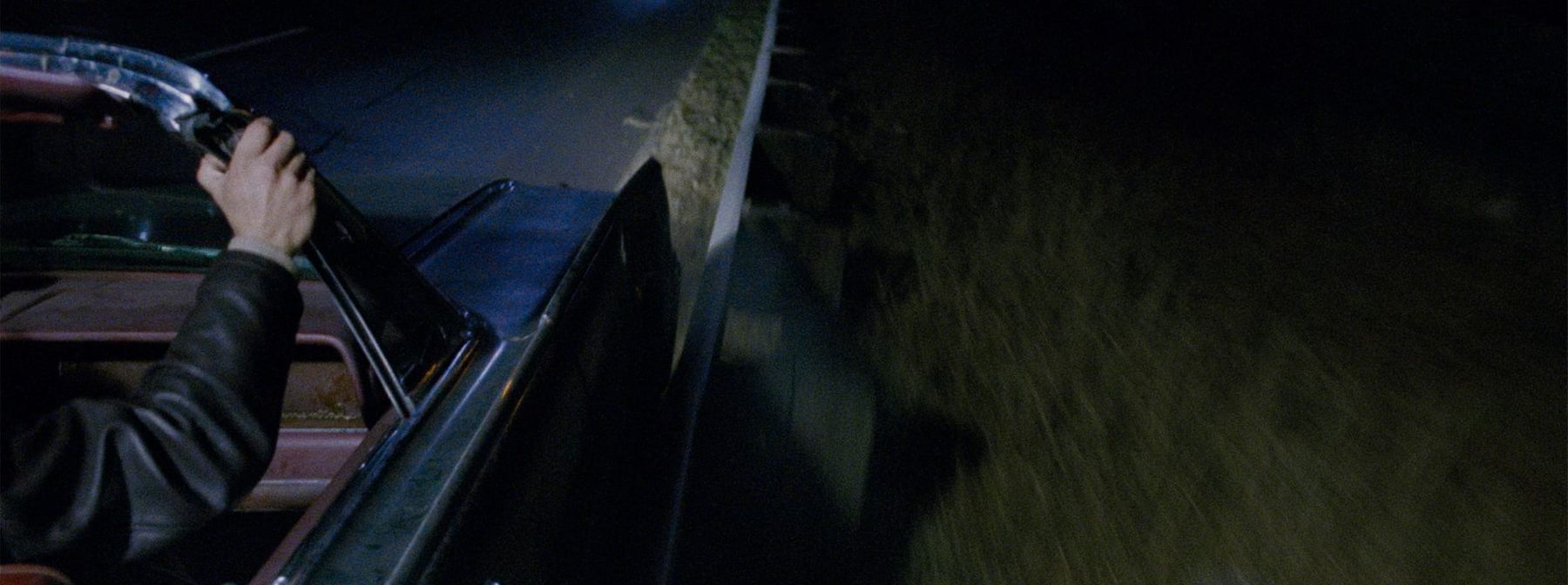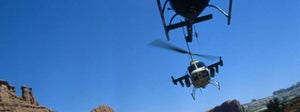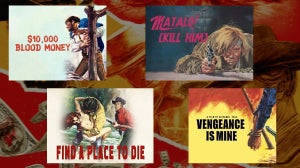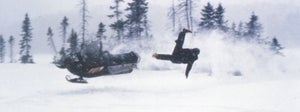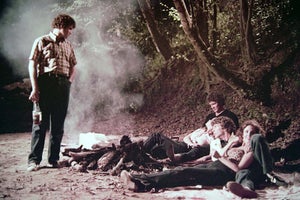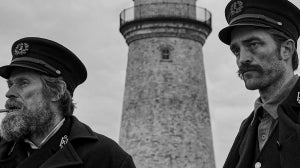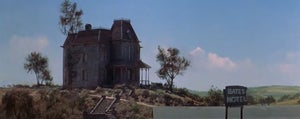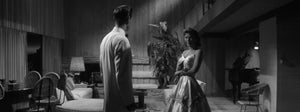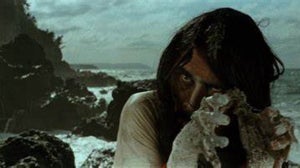
Your questions have been answered!
A couple weeks ago, we’ve asked you to share your most burning questions - all the things you’ve always wanted to know about the controversial classic CRASH or a question you’ve always dreamt to ask David Cronenberg using our hashtag #AskArrowVideo. We were blown away by the sheer number of responses and after submitting all of your questions to Mr Cronenberg, he selected his favourite 5 to reply to!
Are there any scenes in Crash that resonate strongly with you at a personal level and if so, why? [Question submitted by Lax Madapaty]
DC: No, not in the way you mean. Because I wrote the script and directed it, I can’t watch the film like an innocent filmgoer. I can’t unlink the creating of a scene from the neutral watching of that scene. All of the moving car scenes, for example, are special to me because of their difficulty (zero VFX, all live, low budget) and because we got the collaboration of the city of Toronto to close major roads to film on that had never been allowed before. So, strong personal resonance, yes, but not because of their ultimate meaning within the film.
The automobile seems to be a connective tissue throughout your entire career - from Fast Company to Crash to Cosmopolis. What is it about cars in particular that interests you? [Question submitted by Willie Kingsley]
DC: Although I was fairly obsessed with car and motorcycle racing for several decades (a lot of that had to do with machine aesthetics), and did some of each myself, I think it’s really the transformation of life on earth that the automobile has wrought that is reflected in my films. Classically, cars represent freedom, independent mobility, but they also represent a kind of entrapment. It’s difficult to reflect social reality in any modern movie without dealing with the automobile. When people comment that Crash is a car fanatic’s movie, I have to contradict them. It’s really a completely anti-car narrative, as was Ballard’s novel.
Are there any other JG. Ballard novels or short stories that you'd like to see adapted for film or TV? [Question submitted by Jake McNulty]
DC: The Atrocity Exhibition. I dare you!
Did you expect the controversy Crash caused upon release? If so did the thought of how controversial it was going to be make the project more exciting and challenging? [Question submitted by Danny Fletcher]
DC: I really didn’t expect it at all. The book had been published 24 years before the movie debuted at Cannes and was a well-known commodity, as was Ballard. I thought it would be seen as strangely beautiful and a bit retro obsessive. Little did I know! It was challenging and exciting enough just to make it without factoring in how it would be received, something I don’t normally worry about until a film is finished and I get involved in promoting it.
When filming the love scene between Ballard and Vaughn, what was more inhibiting - the anticipated censorship, the actors themselves, or were you able to film that scene exactly as you imagined it? [Question submitted by Jasen Mortensen]
DC: My script was very explicit, as, of course, was the novel. No actor who had qualms about the project would have agreed to be involved after reading either. There was a moment when Holly Hunter asked that we do some rehearsing with all the major actors. I said that I had tried that once (on The Fly) and had not found it particularly valuable. I like to rehearse while shooting. She said, “But David, we’re all going to be fucking each other in the movie and it would be good if we got to know each other a bit first.” I said okay. My actors were ultimately unafraid, as were my producers, something a director always wants no matter what kind of movie you’re making, and so there was no inhibition whatsoever. The scene is exactly what I wanted it to be.
For the latest from Arrow Films, follow us on Instagram, Twitter, Facebook, and YouTube.

